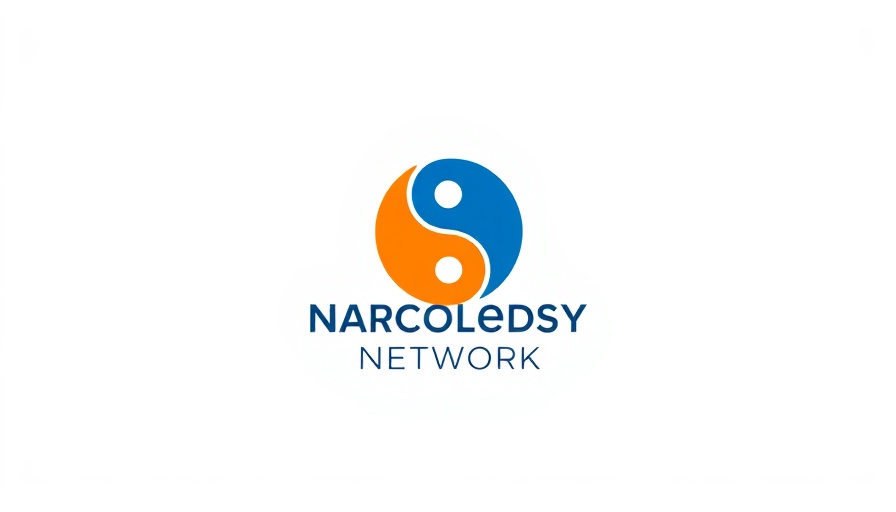
The Quest for Quality Sleep: An Irony in Pursuit
In today’s fast-paced world, the desire for optimal productivity leans heavily on one cornerstone: quality sleep. Yet, ironically, the chase for 'perfect sleep' might be driving us further from the very goal we seek. According to a recent survey by the American Academy of Sleep Medicine, a whopping 81% of Americans admit they lose sleep over their worries about not achieving sufficient rest. This pressure, seemingly harmless in its quest for better health, often exacerbates the very problems it aims to solve.
Sleepless: The Rise of the 'Sleep Maxxer'
A cultural trend is emerging around the concept of sleep maximization, often led by individuals who adhere to rigid routines aimed at achieving the elusive eight-hour rest. This phenomenon, dubbed 'sleep maxxing,' might seem beneficial; however, experts caution that it can breed anxiety and stress instead. Dr. Anita Shelgikar, a sleep physician, warns that focusing too heavily on sleep optimization may create a vicious cycle that ultimately degrades sleep quality. The irony is that in a bid for better health, individuals may be sacrificing their well-being.
The Hidden Dangers of Tracking Sleep
Many people have turned to sleep trackers, believing these devices will guide them to restorative sleep. However, the data can lead to what's known as orthosomnia—an anxiety disorder triggered by incessantly monitoring one's sleep patterns. Dr. Shelgikar posits that the overanalysis of sleep metrics shifts sleep from a natural restorative process to a high-pressure task. This transformation can heighten stress levels and worsen sleep quality over time.
Healthy Sleep Habits: Focus on the Basics
Rather than aiming for perfection, sleep experts advocate for a more holistic approach to sleep health. Here are some practical tips derived from the American Academy of Sleep Medicine:
- Create a Relaxing Environment: Keep your bedroom dark, quiet, and comfortably cool. Consider investing in quality bedding to ensure a cozy atmosphere.
- Practice Relaxation Techniques: Engage in activities like deep breathing, meditation, or journaling to settle your mind before bedtime.
- Use Sleep Trackers Wisely: Employ these devices as guides rather than scorekeepers. Don’t let the data dictate your self-worth or ability to rest.
- Seek Professional Help: If anxiety around sleep remains persistent, don’t hesitate to consult with a healthcare professional or sleep specialist for personalized insights.
The Transformative Power of Sleep in Managing Stress
Understanding the importance of sleep management is crucial for entrepreneurs and executives, often beset by stress. Research highlights a direct correlation between quality sleep and stress reduction. Following the steps outlined above can lead to tangible improvements in sleep patterns, allowing professionals to tackle daily pressures more effectively.
A consistent sleep routine can positively impact mental clarity and emotional resilience, enhancing productivity throughout the workweek. The simple act of assessing one’s sleep hygiene can pave the way to greater focus and achievement across various aspects of life.
In Summary: Redefining Sleep Goals for Better Living
Instead of fixating on the pursuit of perfect sleep, redefine your goals around consistent, restorative rest. Your aim should be to wake refreshed and ready to conquer the day—not merely to meet some arbitrary metric. Remember, sleep is less about perfection and more about establishing sustainable habits.
Take a step back and embrace the idea that not every night will be perfect. By focusing on what makes you feel rested and rejuvenated, you can foster an environment conducive to healing rest. If sleep troubles persist, explore local sleep center directories for specialized care tailored to your needs.
 Add Row
Add Row  Add
Add 




Write A Comment